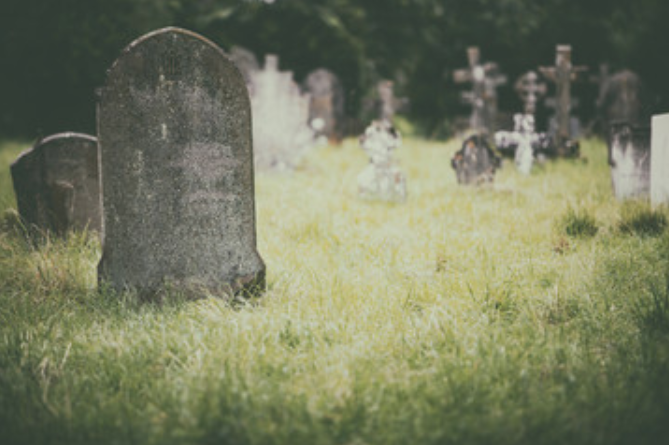|
I had the great fortune, at a point in the “tween” part of my life, suffering in deep depression and anger, to be surrounded by my family. At the dinner table, while I was struggling to figure out “who I am” or what purpose there is in continuing to live, my mom and dad and sister would recount their days. My dad had been up through the night on-call doing psyche evaluations for criminals and people who’d hurt themselves. My mom had spent a day in social work where her organization could aid some homeless and impoverished families, but couldn’t aid others. My sister just ended a day where she had moved abused children from an abusive home of their upbringing to a hopefully-safer foster care situation. It was heavy. Meanwhile, I faced my mind.
It was a two-for. I had this wonderful opportunity to suffer in a depression so deep that no one for the rest of my life could say something worse about me than I had thought about myself. As a consequence, I’m impervious to others’ estimation of me forever. The fate I’ve wished on myself at several long periods of my life is worse than the ugliest curse someone could cast my way. There was an upside to the downside. And at the same time I was every single day confronted with the reality of widespread palpable suffering. It didn’t negate mine. But I couldn’t ignore the stories - so many of them - of people who had no real advantages in life. It made me begin to formulate questions about upside inside of downside. On a denser work day, I may have 16 hours of appointments. More than half may be sit-down coaching, or distance coaching calls. And there are times all 16 hours of coaching is hearing people walk through pain: eating disorders; health conditions; relational suffering; hormonal imbalance; adversarial work environments; hostile internal self-talk. It can be heavy. But we never accept defeat. The option to make things WORSE might as well not even exist. We just work steps, from where we are, because we can’t step from any other starting place. Over the course of doing this professionally for 15 years, I don’t have the answer. But I have found some valuable questions: What are the upsides to this downside? What is a sustainable next step? What will you do on the “worst week”? Long ago, I found that people want to interface with health and fitness as if you can live in an ideal scenario and an idyllic environment. It’s the wrong approach. People say they’re going to lose X pounds in Y weeks, based on Z workouts with Q nutrition. Ok. What happens when you get laid off, the flu, lose a loved one, sink into clinical depression, and all odds are stacked against you? What if that’s next week? What if that’s today? You see, some days are heavy. Maybe most. And if you don’t confront yourself with questions about how to think and how to operate in the heavy days, you have no strategy for life. You are willfully unequipped. Maybe there are some people who are blithely fit. I don’t know who. Maybe some celebrities. For everyone else, there have to be some painfully honest assessments about how to step forward when all the winds are blowing you back. It’s not eternal optimism. It’s just truth. Some days are heavy.
0 Comments
Your comment will be posted after it is approved.
Leave a Reply. |
Elev8 Wellness
|
LIVE. AWESOME.We offer the highest quality in personal fitness, nutrition, and mindset coaching, helping you achieve your fitness, health, wellness and performance goals no matter the obstacle. With virtual online training and private, in-studio training we make it easier to reach your wellness goals safely.
No more can't. No more not good enough. If you compete in a sport, let your mind no longer hold you back from being the greatest. If you don't, let your mind no longer hold you back from being the best version of you that you can be. Sign-up for a Tour Covid Screen Waiver Elev8 Waiver Become an Elev8 Instructor Space Rental |
6244 lyndale ave. s., minneapolis, mn 55423
|
© 2021 Elev8 Wellness LLC. All Rights Reserved. site map | contribute | SITE BY Sproute Creative


 RSS Feed
RSS Feed
